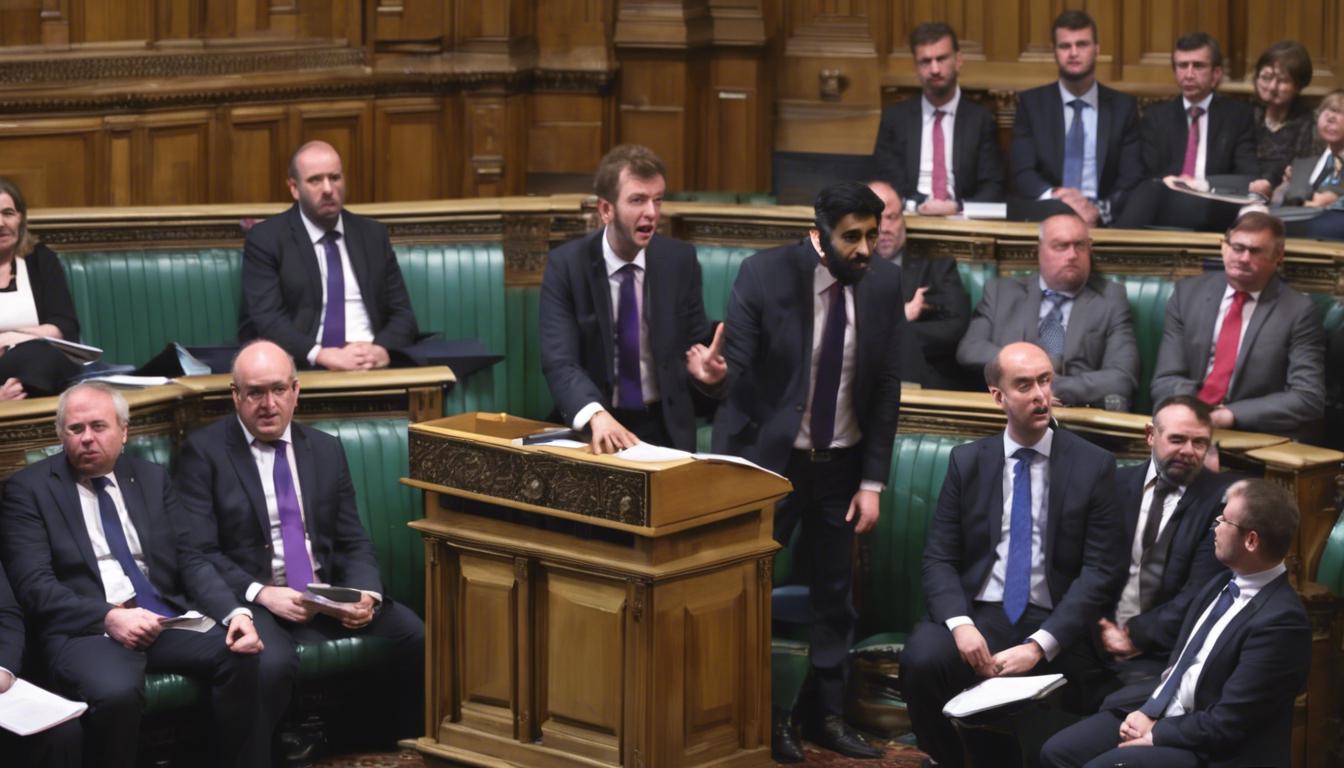Following the dissolution of the coalition with the Scottish Green Party, First Minister Humza Yousaf confronts a motion of no confidence, casting uncertainty over his leadership and the stability of Scottish governance.
Humza Yousaf, the First Minister of Scotland and leader of the Scottish National Party (SNP), is facing significant political challenges following his decision to terminate the coalition government with the Scottish Green Party. This abrupt decision to end the partnership has escalated to a motion of no confidence against him, backed by the Greens and other opposition members.
The coalition, crucial for maintaining an SNP majority in Holyrood through the Bute House Agreement, was dissolved after Yousaf abruptly withdrew from the power-sharing deal, citing irreconcilable differences over policies including climate change and gender identity. In response, Scottish Green Party leaders Patrick Harvie and Lorna Slater accused Yousaf of political cowardice, intensifying the political crisis.
The termination of this agreement has not only strained relationships between the former coalition partners but also placed Yousaf’s leadership under intense scrutiny. Opposition leaders, including Douglas Ross and Anas Sarwar, have criticized Yousaf’s leadership approach, particularly highlighting previous controversies involving policy disputes and his handling of internal party issues.
With the no-confidence vote looming, the outcome could significantly impact Yousaf’s political future and the broader landscape of Scottish politics. The collapse of the SNP-Green coalition introduces complexities in governance and decision-making at a time of pressing national issues. The situation remains dynamic as all parties in Holyrood prepare for the upcoming vote, with potential far-reaching consequences for political alliances and the direction of governance in Scotland.













